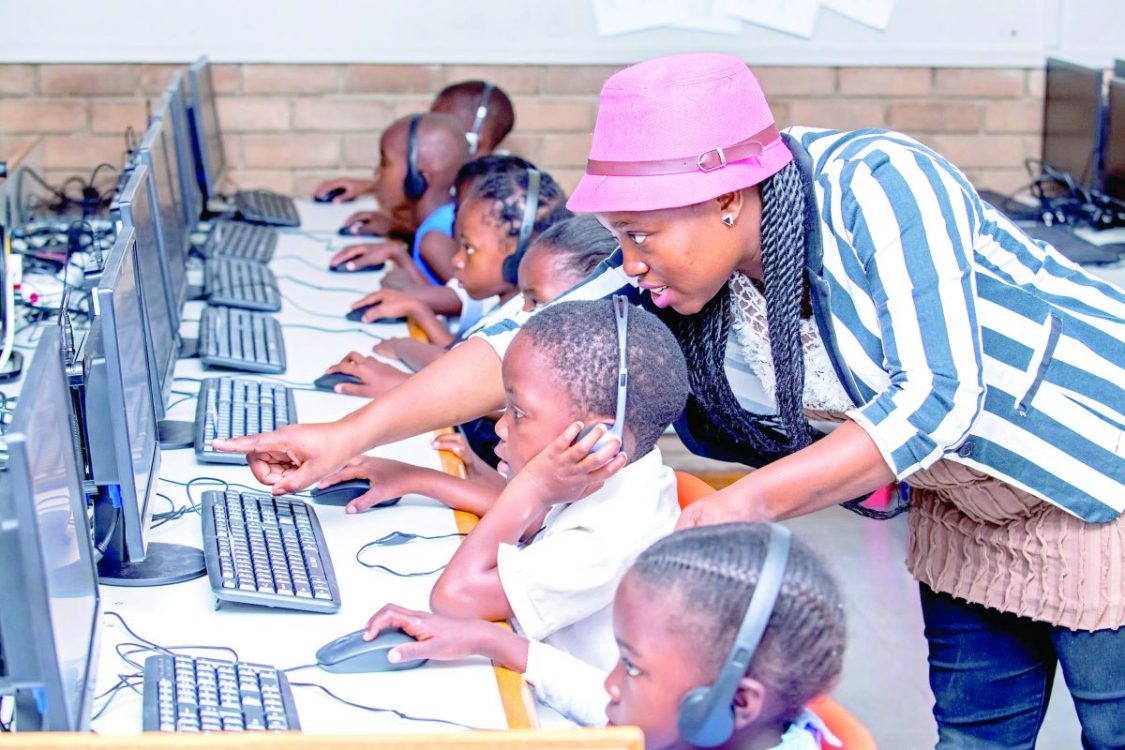Support learners with learning difficulties
By Kennedy.Buhere, November 8, 2023In principle, children whose parents are well educated have a higher propensity to learn. Everything around them has educational value.
The things the children hear and see at home is all about the knowledge that schooling is all about. The conversation in the family is about achievement, about destiny and about what the children should make of themselves in the future as an adult.
Probably, the parents have home libraries stocked with high value books of varying ages and sophistication in knowledge and facts. They also have TV, and ICT gadgets—all of which stream materials relevant to formal education.Oftentimes, their parents have time for them. They have time to read books to the children. They sit around in the evening and have discussions — children learn from the way their parents speak. They gain the parent’s mindset.
More often than not the content of the conversation, from early on, is about things that form the staple of the school curriculum—all the way from the time they are able to talk to the time they start schooling. Education for most of these children starts at birth.
For some reasons sociologists and anthropologists should explain, this doesn’t often happen in some cases. Some of the children don’t ride on the background knowledge they bring with them to school to learn with the required motivation.
Principals of secondary schools have come across memorable cases where a child from a well-educated and rich family background lacks the motivation to learn. Some of the children simply plod along without sufficiently exerting themselves to study. All the children seem to require is a grade to enable them to go to the next level of education. They don’t have the gumption to develop their potential to the greatest extent possible and make something of themselves in the world.
There another category of students shows not just learning difficulties, but also behavioral difficulties. They cause disorder in schools disturbing other students.
We have these two categories of students. The students hail from what Kenyans call humble backgrounds as well as exalted or elite backgrounds.Most headteachers and their respective teachers have the ability to manage the learning and behavioral difficulties of learners from so-called humble backgrounds.
However, some headteachers have serious challenges dealing with children with learning and behavioral difficulties who come from exalted or elite backgrounds—in terms of education and material possession.
Former Principal of Alliance Girls High School, Mrs. Dorothy Kamwilu says such children can pose serious challenges not just to fellow students but also to the teachers and the entire school in general.
She says nearly every school, be it Primary or secondary school, encounter such students. The students see their parents and guardians as highly educated or rich. They look down upon teachers, fellow students and everyone around them. The dictionary and professional meaning of the word truancy is when children stay away from school without permission or without good reason. Without doubt, negative disposition to schooling creates emotional, and cognitive truancy.
Both interfere with the attention the learner needs to follow instruction during teaching and thereafter, manage self-directed learning as prescribed in the school Hours as stipulated in the Basic Education Regulations, 2015.
Children with learning and behavior difficulties create additional workload on teachers and headteachers. It doesn’t matter whether the learners come from humble or exalted families. Both these children need help. They are like lost sheep.
In many schools, the students the school celebrates the most when they excel, are those whose prospects of doing well were dismal.
Why? Because that is one soul which the dogged mentorship and coaching by the school reclaimed from certain oblivion. Perhaps, the highly motivated students who excel didn’t need the input of the school as much as the difficult students. We need more Kamwilus.
— The writer is a Communications Officer, Ministry of Education
